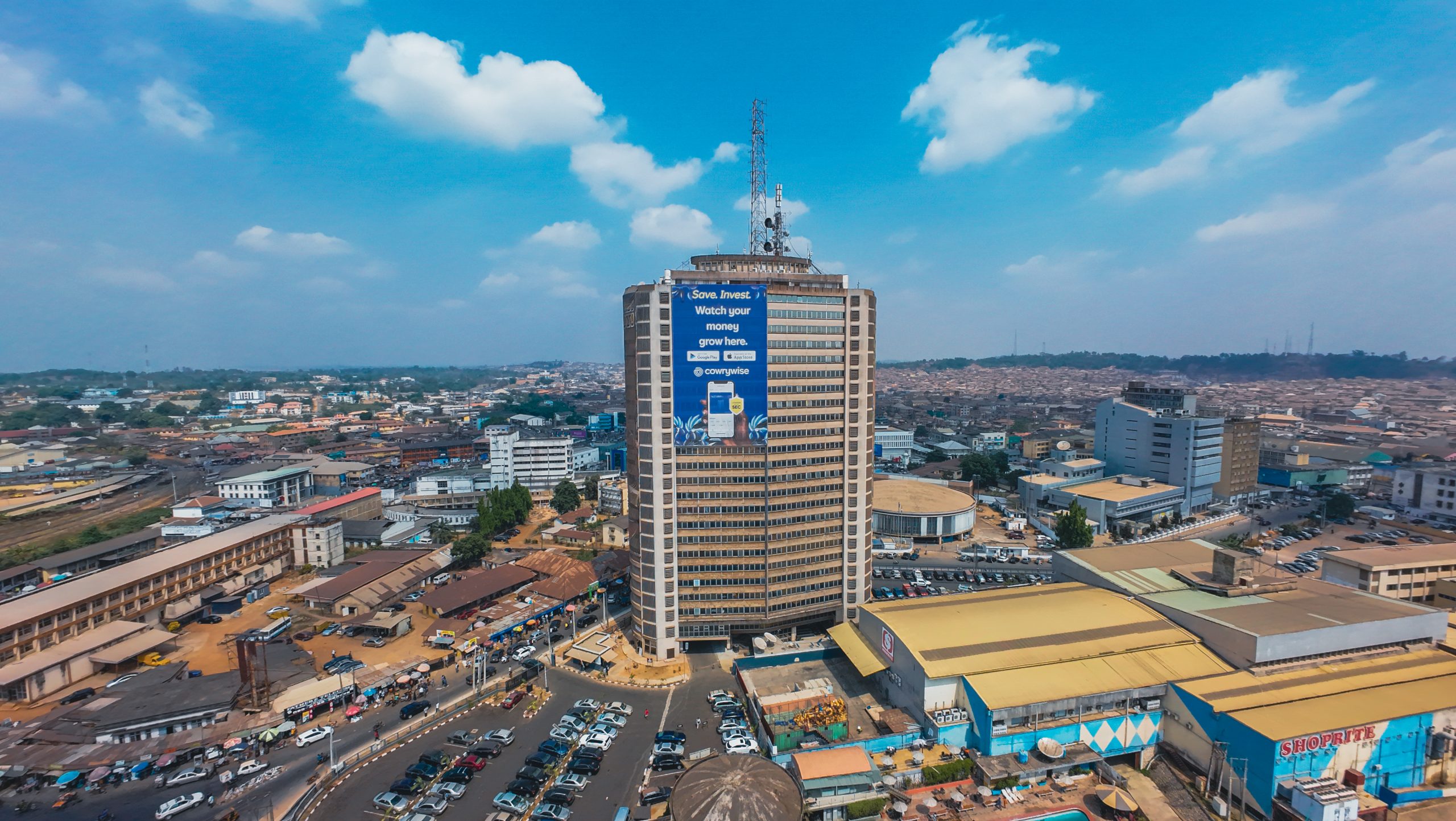
LAGOS, Nigeria — In a modest apartment on the mainland, a 24-year-old technical assistant toggles between her 9-to-5 job and a freelance gig she picked up online. Her total monthly income, ₦350,000, is just enough to get by. She describes her financial reality in three words: “In God’s hands.”
Across town, a 20-year-old university student survives on ₦45,000 a month. She hesitates when asked about the future. “Not to sound negative,” she says, “but I honestly doubt if anything will change.”
These are not isolated sentiments. They form a growing chorus of Nigerian voices navigating what can be considered the new income reality; a disorienting space where monthly earnings no longer match the cost of basic survival, let alone comfort or progress.
Our recent study gathered responses from young Nigerians across different income brackets and professions. Their testimonies reveal a landscape marked by contradiction: gainful employment coexists with anxiety, aspiration lives alongside ambivalence, and the appearance of stability often masks an underlying fragility. That I look good doesn’t mean I don’t have ₦195 in my account, one respondent offered quietly.
A Middle Class in Name Only
Among respondents, monthly incomes ranged from ₦45,000 to over ₦500,000. But regardless of how much they earned, few felt financially secure. Those in the so-called middle 40 percent reported a sharp decline in disposable income, squeezed by rising transport costs, unstable food prices, and the unrelenting devaluation of the naira.
A business developer earning ₦200,000 described his situation as simply “surviving.” Another, who runs multiple businesses and earns upwards of ₦500,000 monthly, admitted that he still “earns to survive.”
If Nigeria’s middle class once represented stability, today it feels like a myth — a label that no longer holds under the weight of reality.
An Economy of Sacrifice
The consequences of this new reality are often invisible but deeply felt. For some, it’s choosing between paying for upskilling courses or settling urgent bills. For others, it’s the quiet pause before checking the price at the supermarket, or the growing guilt of asking family for support.
“Just to feed and move around. And to pay some bills,” one woman responded when asked about her financial challenges.
Inflation, cited by most respondents as the leading factor behind rising costs, has hollowed out purchasing power. But beyond the numbers is the emotional cost — the frustration of watching dreams deferred, of being stuck in a state of economic uncertainty.
Dreams in Spite of It All
And yet, there is hope — tentative, but present. A young administrator earning ₦50,000 a month still dreams of financial independence. Another, hopes to become “a well woman on my own.” A few see themselves outside Nigeria in five years; others imagine building businesses that provide employment for others.
This hope is not naive. It is an act of resistance — against a system many no longer trust, and a future that feels increasingly unpredictable.
“Ambivalent,” one person wrote when asked how they feel about the future. “I believe whatever will be will be, but I will not stop trying.”
The Cost of Resilience
In a country where economic conversations often revolve around GDP figures and inflation indices, the most valuable currency may be resilience — the kind that shows up in small acts: crying, praying, moving on. When asked how they stay motivated, respondents gave answers that were honest, raw, and quietly powerful: “Cry, and move on.” “Life goes on.” “God help.” These are not responses — they are survival strategies.
A Future in the Balance
If the data reveals anything, it is this: Nigeria’s economic struggle is not just structural — it is deeply personal. And the new income reality is less about how much people earn and more about what that income can no longer do.
There is, in these stories, a call to listen. A call to see beyond surface stability and into the quiet negotiations millions of Nigerians make daily — between food and transport, hope and reality, leaving and staying.
The income might be new. But the resilience, as always, is old.
At Cowrywise, we believe this resilience deserves more than admiration — it deserves tools, knowledge, and financial systems that work. That’s why we’re building more than a savings app. We’re designing products for the real Nigerian — the one budgeting through volatility, dreaming in uncertainty and striving despite it all.
Because no matter where you sit on the income ladder, financial clarity shouldn’t be a luxury.
Ready to reclaim control over your money? Start your journey with Cowrywise.
